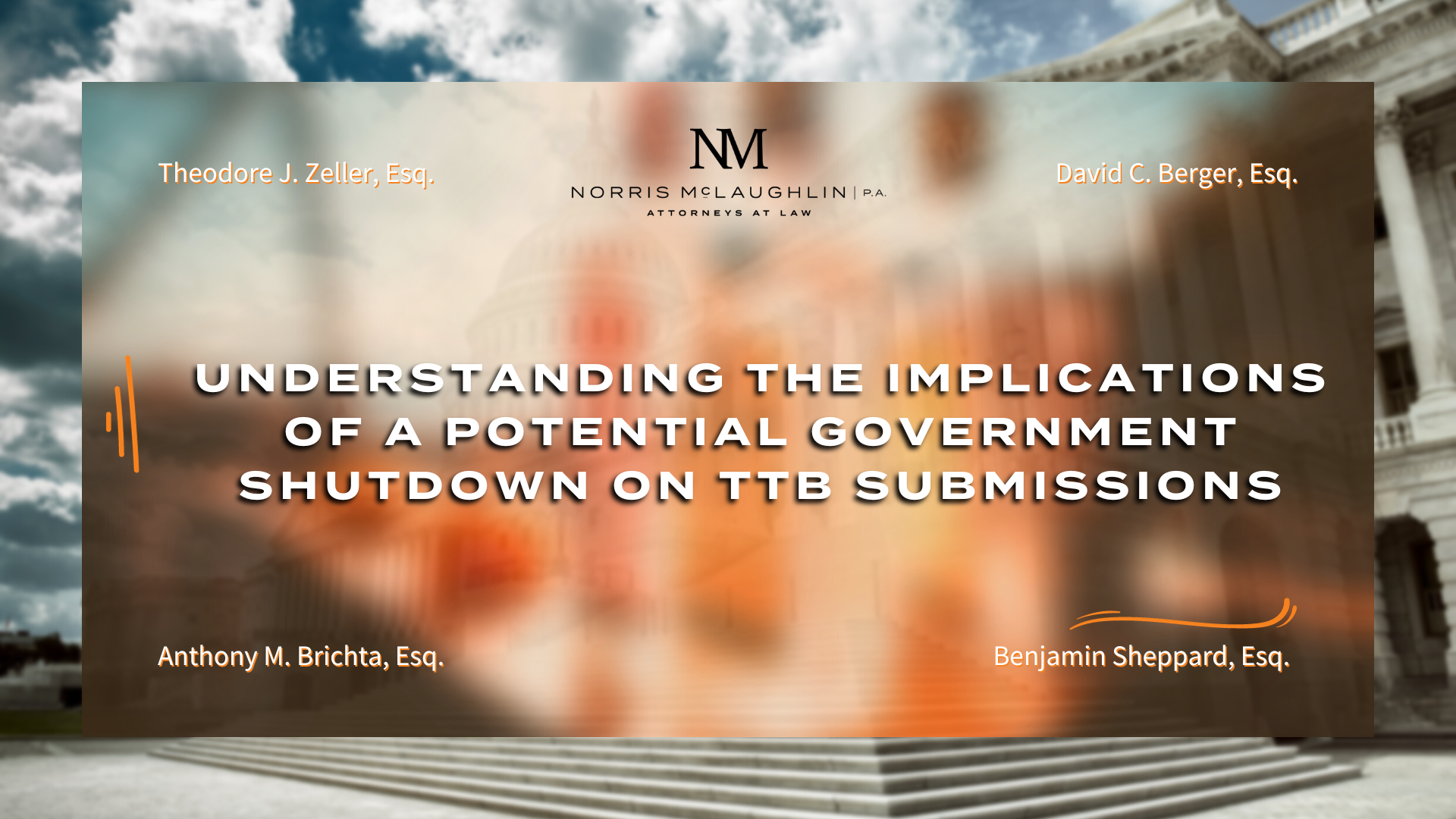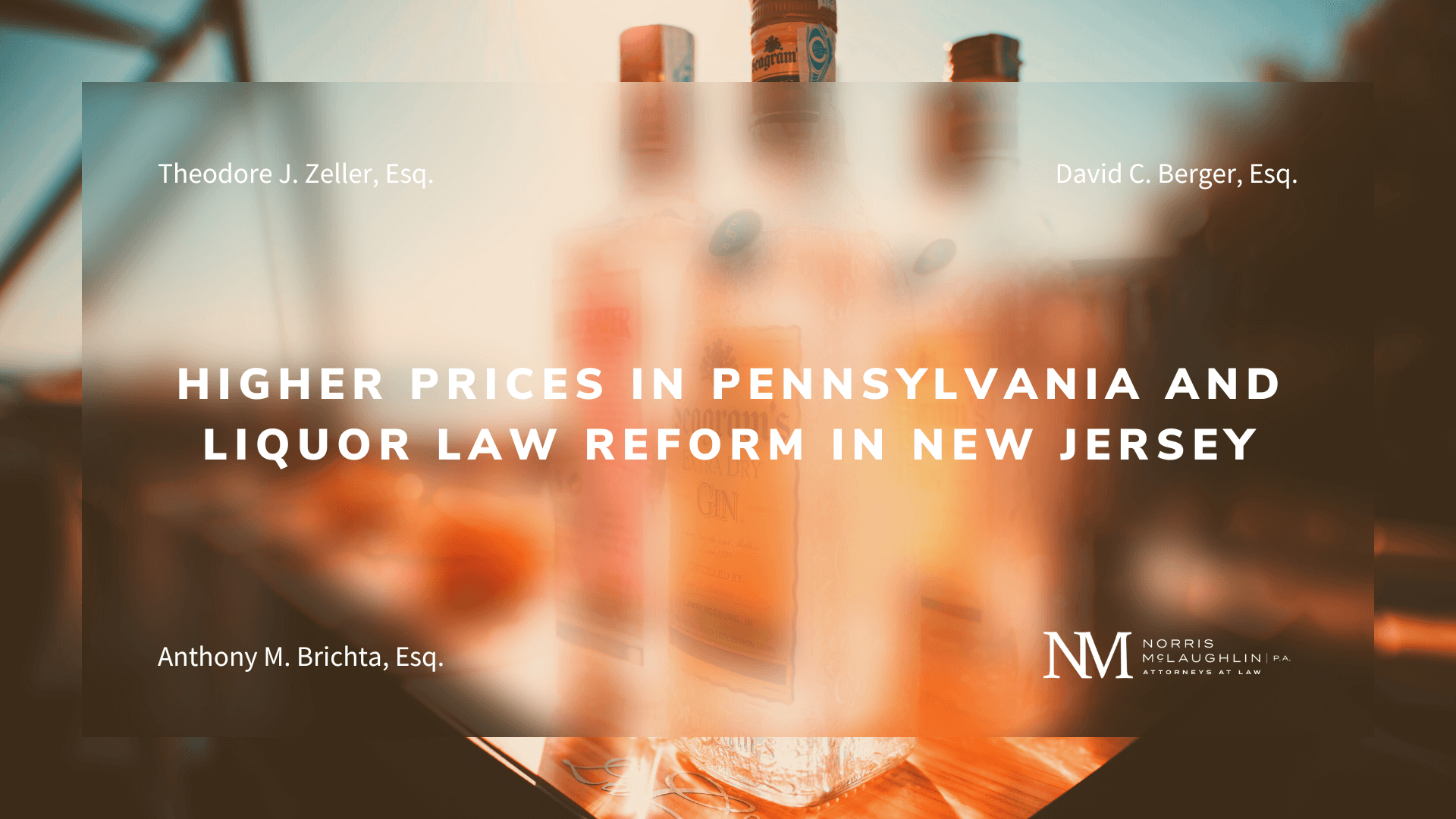Can the University of Kentucky Own Exclusive Rights in KENTUCKY for Clothing?

It seems improbable than any person or company could own exclusive rights to the name of a state for clothing. Yet that’s just what the University of Kentucky is arguing in a case it has brought against a Kentucky moonshiner, Colin Fultz, who is using the mark KENTUCKY MIST MOONSHINE for clothing. The University has demanded that Mr. Fultz stop using KENTUCKY on his clothing even though that’s where the clothing, as well as moonshine, is made. This case was recently reported in The New York Times. But in reporting on the case, the Times, which is of course written for a non-attorney audience, omitted a large part of the legal analysis that will determine the case’s outcome.
The legal story begins in 1997, when the school registered a trademark for UNIVERSITY OF KENTUCKY in the U.S. Trademark Office with something called a “distinctiveness limitation statement,” alleging it had “acquired distinctiveness” in the word “KENTUCKY” for clothing as a result of long and continued use of the term. “Acquired distinctiveness” means consumers have come to associate a mark with a single producer. Typically, the Trademark Office will refuse to find that descriptive designations, including terms that are geographically descriptive, have acquired distinctiveness. However, with long, continued and exclusive use, such descriptors can acquire distinctiveness. That is what the school claimed had happened with KENTUCKY with respect to clothing---that consumers had come to associate that term exclusively with the school and its athletic teams. When they see KENTUCKY (most likely with the school’s colors) on an article of clothing, consumers know as a result of the school’s long, continued, and exclusive use of KENTUCKY on clothing, it is the University of Kentucky that produced the article. Thus, there is little doubt that if another school or sports team used KENTUCKY by itself on clothing (especially with U.K.’s school colors), it would be infringing U.K.’s rights.
The Trademark Office’s recognition of U.K.’s exclusive rights in KENTUCKY for clothing is consistent with Trademark Office practice in the case of other trademark registrations containing state names. To understand this practice, it is necessary to understand the concept of “acquired distinctiveness” in trademark law. A mark can be instantly distinctive (associated with a single producer of goods or services) from the moment of its first use on goods or services because it is unusual and doesn’t describe anything about the goods or services. Think “Apple” for computers or “M&M” for candy; consumers know these goods come from a single source. As a result, the owners of these marks have acquired exclusive rights in these terms (nobody else but Apple can use Apple, and nobody else but Mars can make M&M candies). But even a descriptive designation can become distinctive over time through long and continued exclusive use. Think Scholastic for the book publisher or Ty-D-Bol for the toilet cleaner. Both these terms are descriptors that over a long period of exclusive use by their owners became trademarks (source identifiers) entitling their owners to exclusive trademark rights for books and toilet cleaners, respectively. That is what “acquired distinctiveness” means.
As noted U.K. acquired exclusive rights by making a “distinctiveness limitation statement,” which indicates that a specific term in a mark has become associated with a single source through long use over time. The Trademark Office has allowed several trademark owners to claim distinctiveness of geographic terms over time, but only when the trademark applicant can establish different circumstances to support its claim of distinctiveness. As noted, the University of Kentucky was allowed to claim acquired distinctiveness for KENTUCKY because of long and continued use of KENTUCKY by itself (without the words “University of”) on clothing, which consumers came to associate exclusively with the University of Kentucky. Likewise, another school, which owns a trademark registration for EASTERN KENTUCKY COLONELS, was allowed to claim exclusive rights in “EASTERN KENTUCKY” for clothing, and to register EASTERN KENTUCKY UNIVERSITY with only a disclaimer of (that is disavowal of exclusive rights in) “University” for clothing. On the other hand, KENTUCKY STATE UNIVERSITY was required to disclaim “Kentucky” in its registration with respect to clothing, while being allowed exclusivity in the entire phrase “Kentucky State University.” That’s because that school never used Kentucky by itself, but always the entire name “Kentucky State University,” on clothing.
It would be far more straightforward, of course, if the Trademark Office refused anyone the right to claim exclusive rights in the name of a state. However this approach would run the risk of disregarding consumer perception. And trademark law is all about protecting the owners of marks that have by definition accrued consumer goodwill -- that is, marks which have come to identify a single source. Such goodwill is especially present in the case of sports teams associated with state schools; it would fly in the face of the trademark law to deny these schools rights in the marks of their names when they are identified exclusively with the schools and their sports teams. That said, having exclusive rights in the name of a state for certain things doesn’t mean the trademark owner can stop others from using the state name. The test of trademark infringement is likelihood of confusion. That means that, as in any other trademark infringement case, U.K. must, in its case against the Kentucky moonshiner, show that consumers are mixed up as to whether the moonshiner’s products are associated with the university. This seems a stretch given the obvious differences in the marks. The moonshiner is using the entire mark KENTUCKY MIST MOONSHINE. Are consumers really going to believe that the U.K. is now producing moonshine? The tragedies associated with underage drinking on college campuses are all too well known to believe a college or university would actually be producing alcohol. Moreover, “moonshine,” with its suggestion of illegality, would seem even less likely to originate from a college or university. Add the differentiating term “mist,” and the case becomes even weaker. So in its case against the moonshiner, the University of Kentucky is overreaching to claim that consumers are confused merely because a liquor producer is using KENTUCKY MIST MOONSHINE on clothing.
The hurdle U.K. will have to mount is clear in light of other trademark registrations that includine the state name “Kentucky” and are owned by liquor producers. One of the factors weighing against likelihood of consumer confusion is whether there are multiple third party marks containing the terms at issue. This is because if a lot of marks use the term (here “Kentucky”), then consumers are accustomed to distinguishing them from each other, and are therefore not confused. Many producers of alcoholic beverages use “Kentucky” in their names. Here are just a few (all of which disclaim “Kentucky”): GET LUCKY FROM KENTUCKY; WEST OF KENTUCKY BOURBON; KENTUCKY ORCHARD; and KENTUCKY SLUSH. Other liquor producers have been able to make “acquired limitation statements” in phrases of marks thart include the term “Kentucky”, such as, KENTUCKY BOURBON BARREL STOUT (claiming distinctiveness in “Kentucky Bourbon Barrel”), or disclaim only descriptive terms other than Kentucky, such as, KENTUCKY BOURBON BARREL ALE (disclaiming only “ale”). A consumer who is exposed to this many “Kentucky” marks for alcoholic beverages (and no doubt also to clothing merchandised by liquor producers) is not going to confuse KENTUCKY MOONSHINE MIST CLOTHING with official UNIVERSITY OF KENTUCKY clothing. Check back here on our blog to see if the Court agrees.
If you have any questions about this post or other liquor law related issues, please contact a member of our team.




